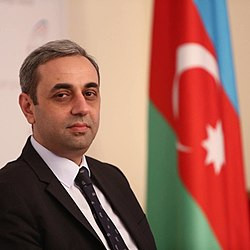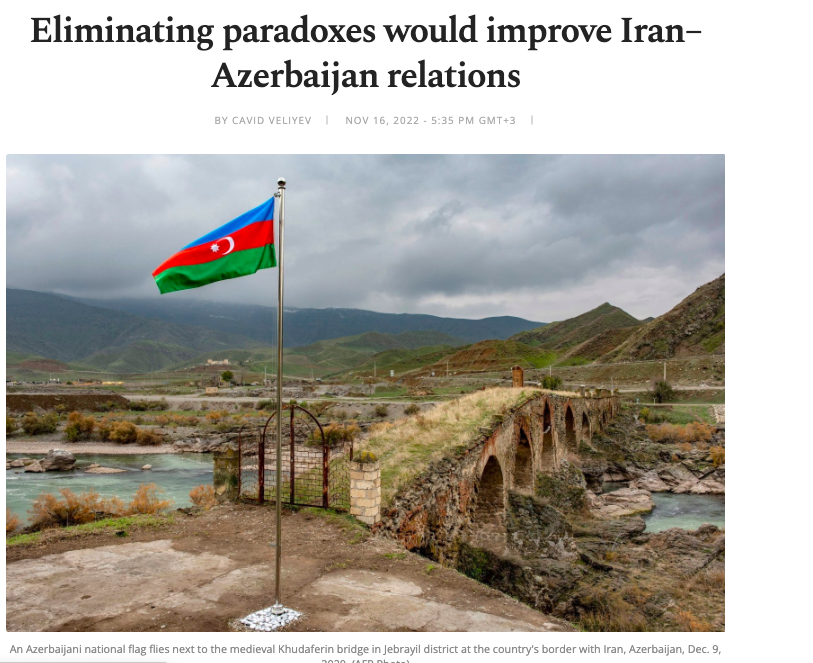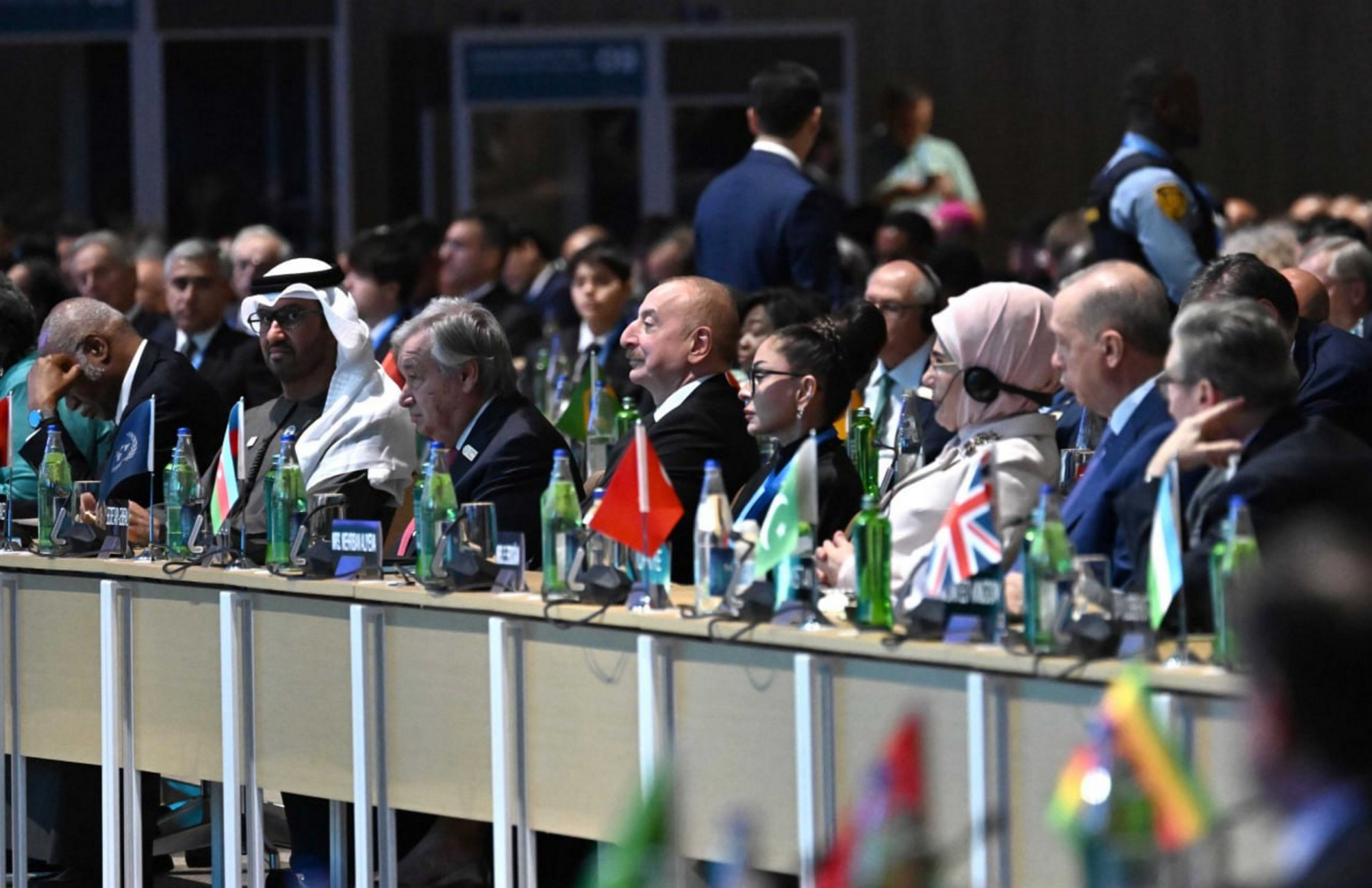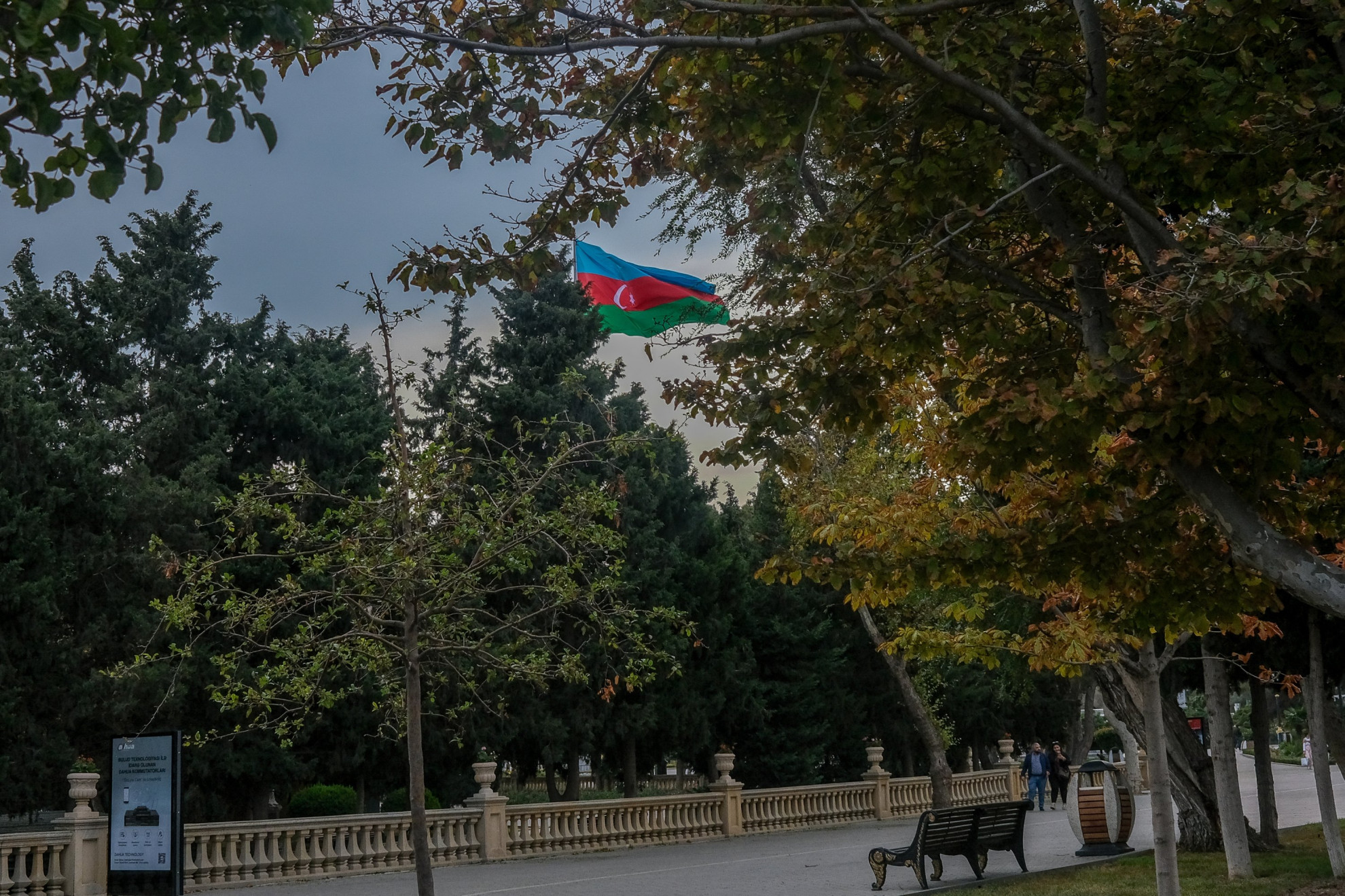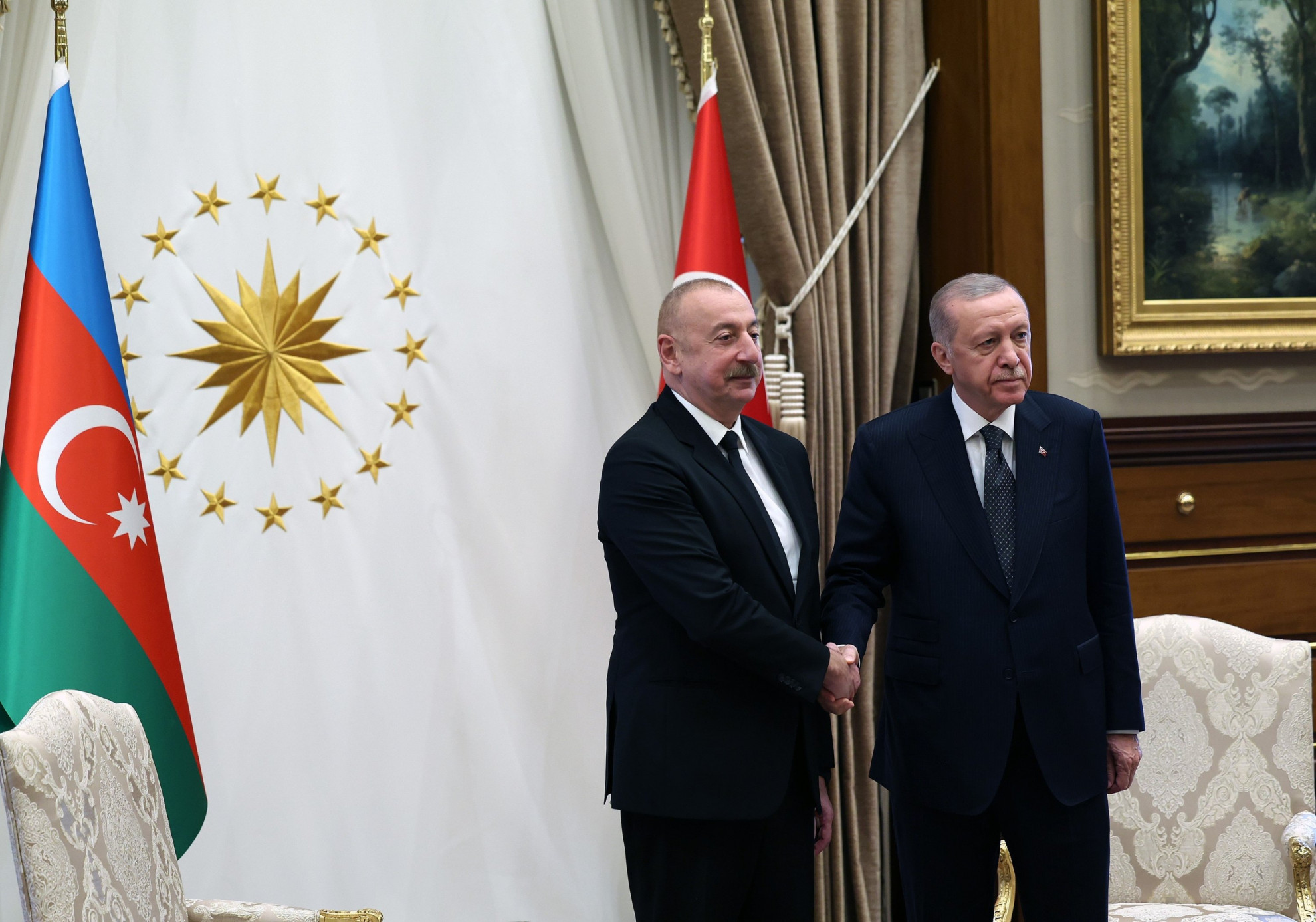If Iran wants normalization in its ties with Azerbaijan, it should not act in favor of Armenia, the now-defeated invader of the former’s UN-recognized territories.
he new geopolitical reality that emerged after the Second Karabakh War created the possibility of wider normalization and cooperation among the states of the region. Azerbaijan, which is behind this reality, took the interests of all regional actors, including Iran, into account and invited Tehran to the 3+3 platform. Azerbaijan also signed an agreement with Iran for a new route between Azerbaijan’s Nakhchivan exclave and its main territory to relieve Tehran’s concerns about the Zangezur Corridor. President Ilham Aliyev, while visiting the liberated Khudaferin bridge on April 27, 2021, recognized the Iran–Azerbaijan border as the “border of friendship.”
Although Azerbaijan offered cooperation to Iran on many issues in the postwar period, the new Iranian government thought it could achieve better results by putting pressure on Azerbaijan. Ultimately, this led to the first paradox for Iran, with Iran’s new government not being able to correctly evaluate and recognize the importance and power of Azerbaijan.
Although Azerbaijan and Türkiye presented the Zangezur Corridor as a cooperation opportunity, Iranian Foreign Minister Amir Abdullahian visited Moscow on August 31, 2021, and complained about Türkiye and Azerbaijan’s actions. Iranian pro-government experts presented the Zangezur Corridor as a step for the “Turan” idea (which foresees the foundation of a common state for all Turks, comprised of all Turkic states) or a so-called “NATO” corridor, in an effort to get support from Russia and China against Azerbaijan and Türkiye.
The next paradox is that millions of Turks live in Iran and, after the Second Karabakh War, Iran complained about the increasing Turkic influence in the region. Iran, where half the population of which is Turkic and whose citizenry is overwhelmingly Muslim, posits itself as “the defender of all Muslims,” despite not seeing its two Muslim-majority neighbors, Azerbaijan and Türkiye, as its gateway to world markets and instead Armenia. In the last 15 days, while the Iranian Revolutionary Guard was conducting military exercises on the border with Azerbaijan, the minister of foreign affairs and the speaker of Iran's parliament visited Armenia and the prime minister of Armenia visited Iran.
Deal for south-north corridor
In 2018 in Baku, the presidents of Azerbaijan, Russia and Iran signed an agreement for the construction of a south-north corridor. According to this agreement, the corridor would start from the port of Bandar Abbas in Iran and extend to Russia and Europe via Azerbaijan. As part of this project, a highway to the Azerbaijan-Iran border was completed, and Azerbaijan allocated $500 million to Iran for the construction of the Iranian part of this corridor. Now, Iran’s new government is working to renege on the old agreement and build a south-north corridor through Armenia. There are two paradoxes relating to the new road. First, in a time of economic trouble, Iran must find $3.6 billion in extra capital for this new route. Second, this new corridor bypasses Russia, which Iran sees as an ally in its South Caucasus policy, and Russia will not be happy about that.
Iran, whose ideology is based on Shiism, increased cooperation with Armenia, and not with Shiite-majority Azerbaijan. This policy was met with not only puzzlement but also a strong reaction in Azerbaijan. Iran’s response to this reaction, “We are keeping the balance in the region,” caused a further reaction in Azerbaijan, because it meant not acknowledging a difference between Armenia, the aggressor, and Azerbaijan, the occupied. Although according to the Iranian Constitution, the main duty of the state is to protect the oppressed against their oppressors, Iran ultimately positioned itself on the side of the invader.
Although Iran has stated that it opposes foreign forces coming to the region, it has failed to put pressure on Armenia, which has brought those foreign powers to the region, for example, the European Union observer mission. The Iranian government very mildly reacted to Nancy Pelosi's visit to Armenia, who also uttered some negative remarks against Iranian states in the historical context. Paradoxically, Iran felt the further cooperation of the two states of the South Caucasus, Türkiye and Azerbaijan, as a threat. Iran tried to convince the two other states of the region, Russia and Armenia, to form alliances against Türkiye and Azerbaijan.
Although political groups and lobbies besides the government do not allow the positive approach and cooperation inclinations of the two Muslim countries, Iran and Azerbaijan, to be reflected in the Iranian press, anti-Azerbaijan and anti-Türkiye news are readily covered. Moreover, the activities of the aggressor, Armenia, are commonplace in Iran’s largely state-controlled press.
Iran's claims
While Iran claimed that Azerbaijan was supporting anti-Iranian states by cooperating with third parties in the region, Iran tried to create a pro-Iranian regime in Azerbaijan by supporting certain Azerbaijani pro-Iranian groups. President Ilham Aliyev demanded the extradition of 22 Azerbaijani citizens who were officially operating in Iran against Azerbaijan. Then, in August 2022, the prosecutor general of Azerbaijan visited Iran for this purpose and presented his counterpart in Iran with a list prepared by Azerbaijani law enforcement agencies. It is reported that this list includes persons who make threats against the state structure of Azerbaijan. But, Iran still has not extradited these people, and Iranian officials have indirectly made known that they will never be deported to Azerbaijan.
Moreover, at a time in the 2000s when the United States military intervention against Iran was at its peak, Azerbaijan and Iran signed an agreement not to allow their respective lands to be used by third states against each other. Further, in 2006, Azerbaijani President Aliyev stated in front of the press in Washington that Azerbaijan will not be a military base against its neighbors. But Iran continues to accuse Azerbaijan of collaborating with non-regional actors against it, despite not producing any evidence.
In fact, all these paradoxes are the result of the legitimation discourse of Iran's aggressive policy. This problem has existed in Iran’s Azerbaijan policy for many years. With the new government in Iran, the anti-Azerbaijani positions and paradoxes that had been unseen for many years suddenly became more visible. In this period, anti-Azerbaijani groups managed to make their voices heard during the new government’s tenure and to influence the government’s foreign policy. As a result, today, Iran has lost its reputation in mostly Shiite-populated Azerbaijan. Meanwhile, the Caucasus Muslims Office condemned Iran’s further enhancement of all-inclusive cooperation with Armenia. Allahshukur Pashazadeh, head of the Caucasus Muslims Office and a Shiite cleric, stated that Iran should apologize to Azerbaijan for threats and verbal attacks.
However, there is still a chance of establishing normal relations between the two countries. This crisis actually creates opportunities for both sides to eliminate paradoxes and choose cooperation. If the Iranian government wants to normalize relations, it should not allow anti-Azerbaijani groups to increase their influence on Iran’s regional policy and should remove the said paradoxes from its discourse.

